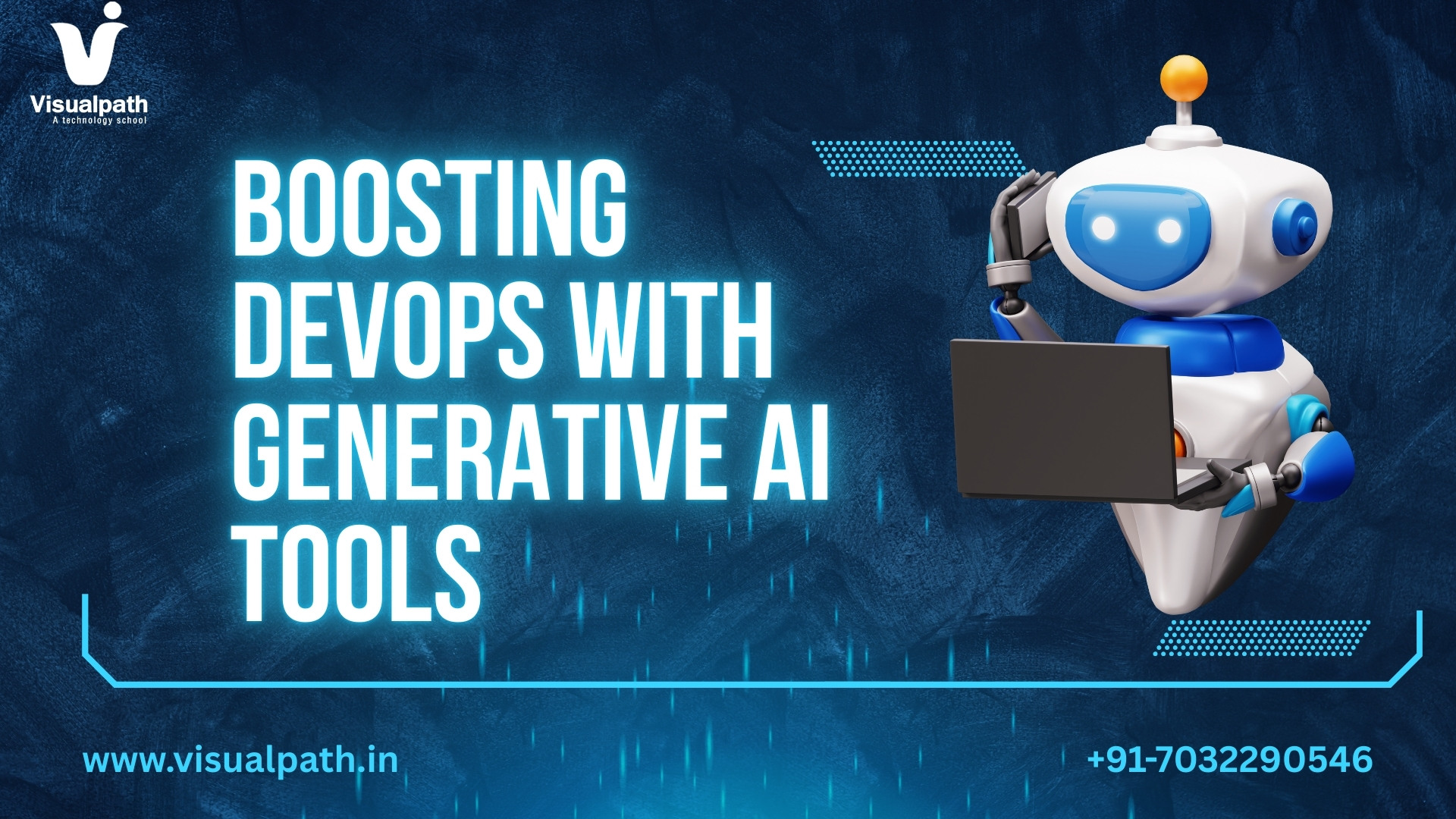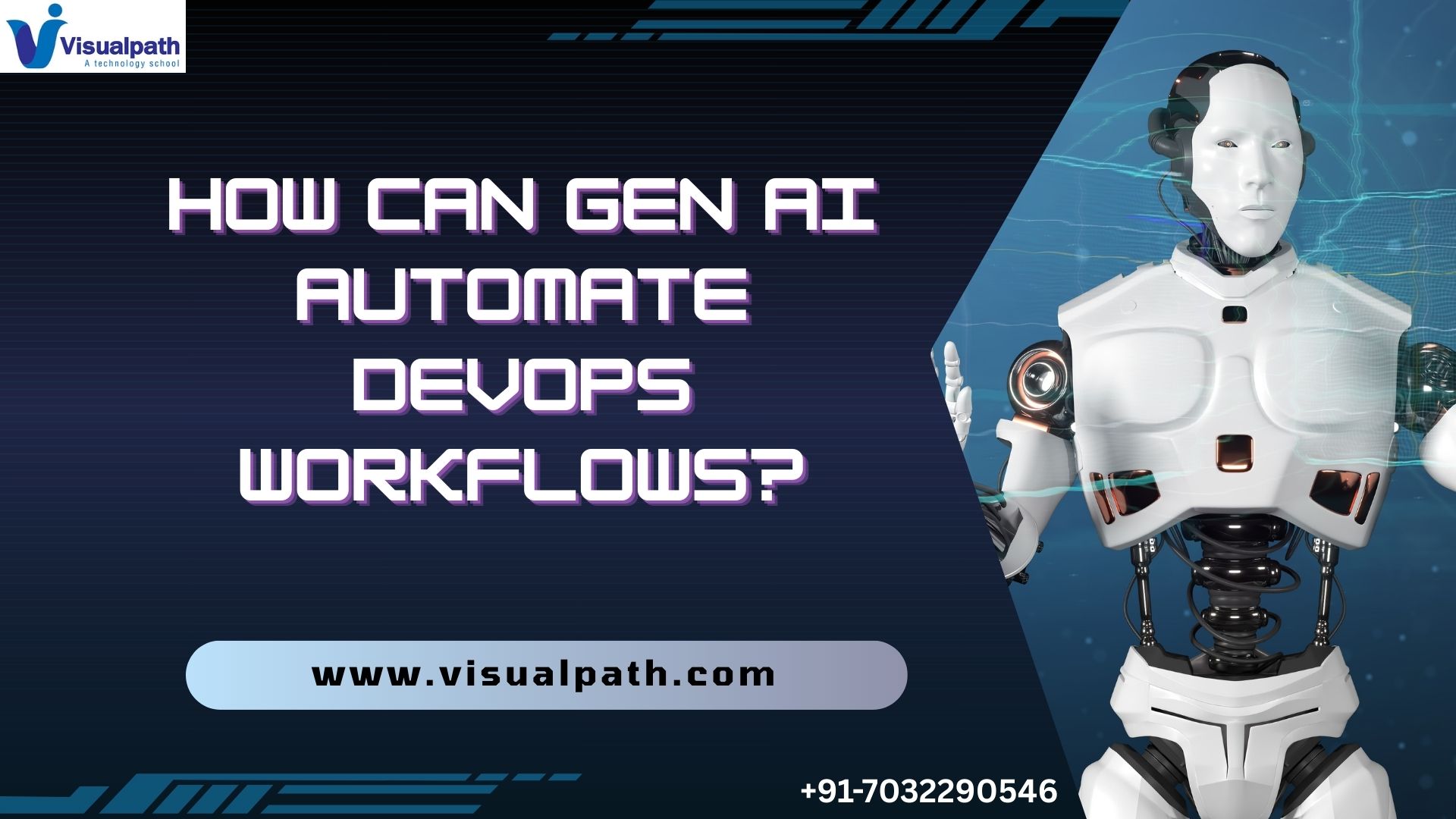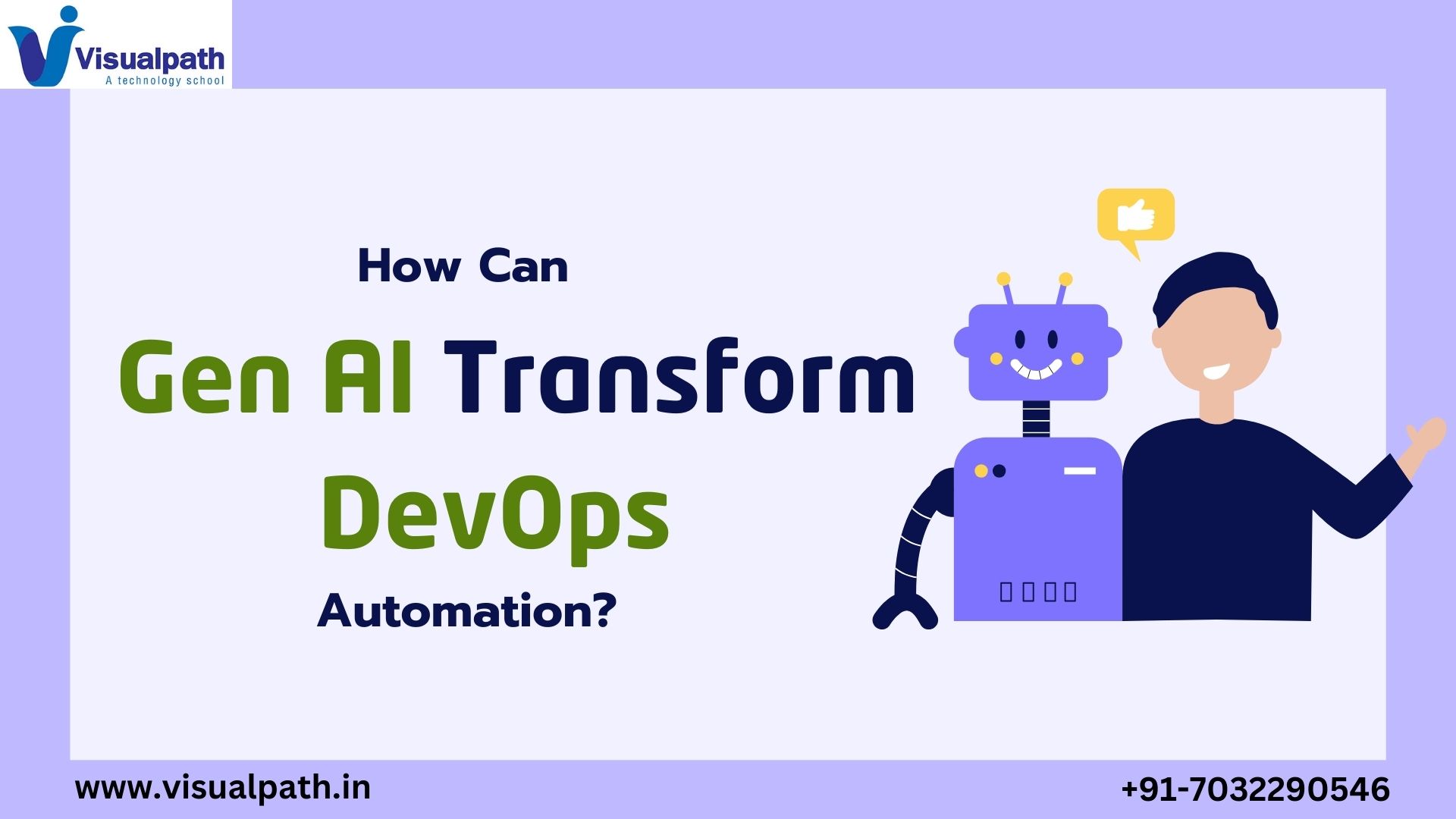Gen AI for DevOps is rapidly evolving, demanding faster delivery cycles, improved collaboration, and higher quality outputs. In this high-pressure environment, generative AI tools are emerging as game-changers. These tools leverage machine learning and natural language processing to generate code, automate documentation, suggest improvements, and even manage complex infrastructure. As DevOps professionals seek to optimize performance, reduce errors, and increase efficiency, generative AI stands as a powerful ally that can transform how teams build, test, deploy, and monitor applications.
1. Accelerating Code Generation and Review
Generative AI tools can create boilerplate code, generate unit tests, and offer real-time suggestions for improvements—all in natural language. Platforms like GitHub Copilot and Amazon CodeWhisperer assist developers by understanding the context of their code and predicting what comes next. This guarantees consistency, minimizes problems, and expedites the development process.
In a DevOps environment where Continuous Integration and Continuous Deployment (CI/CD) are vital, such assistance helps maintain a steady development pipeline. It reduces manual intervention, accelerates time to production, and allows developers to focus on more complex tasks. Gen AI For DevOps Course Online
2. Enhanced CI/CD Pipeline Optimization
One of the key challenges in DevOps is managing and optimizing CI/CD pipelines. Generative AI can intelligently analyze build logs, detect patterns, and suggest ways to resolve bottlenecks. It can automatically generate YAML or JSON configuration files for CI tools like Jenkins, GitLab, or CircleCI, saving hours of manual setup.
Moreover, AI tools can monitor pipeline performance in real-time, predict failures before they happen, and suggest corrective actions. This proactive problem-solving approach ensures smoother deployments and minimizes downtime.
3. Infrastructure as Code (IaC) Simplification
Managing infrastructure at scale can be overwhelming. Generative AI makes it easier by automating the creation and modification of Infrastructure as Code (IaC). With tools like HashiCorp Terraform and AWS CloudFormation, AI can generate ready-to-use scripts based on user input in plain English.
For example, a developer might input: “Deploy a highly available Kubernetes cluster with auto-scaling on AWS,” and the AI can produce the corresponding Terraform code. This speeds up cloud deployments, improves efficiency, and lowers human error.
4. Automated Incident Management and Monitoring
Monitoring tools generate massive volumes of logs and alerts. Generative AI can filter, summarize, and prioritize these alerts, helping operations teams focus on critical issues. Chatbots powered by AI can assist in real-time incident resolution by providing relevant log summaries, suggesting fixes, or even executing predefined recovery scripts. Generative AI For DevOps Online Training
Two important DevOps metrics, Mean Time to Detect (MTTD) and Mean Time to Repair (MTTR), are decreased by this integration.AI-driven insights also enable predictive maintenance, alerting teams about potential system failures before they impact end-users.
5. Improved Documentation and Knowledge Sharing
Documentation is essential but often neglected in DevOps environments. Code, CI/CD pipelines, and infrastructure configurations can all be automatically documented using generative AI technologies. They can also summarize incident reports and change logs, making it easier for teams to onboard new members and retain institutional knowledge.
This ensures that DevOps teams remain agile and informed, especially in remote or distributed work environments where clarity and communication are key.
Conclusion
The integration of generative AI tools into DevOps is not just a trend—it’s a strategic evolution. By automating repetitive tasks, enhancing code quality, optimizing pipelines, and improving infrastructure management, these tools empower teams to move faster, reduce costs, and deliver better software. As AI continues to advance, its role in DevOps will only grow more critical, reshaping the future of software development and operations. Organizations that embrace this shift today will be better equipped to meet the demands of tomorrow’s digital economy.
Trending Courses: Salesforce Marketing Cloud, Cyber Security, GCP Data Engineering




